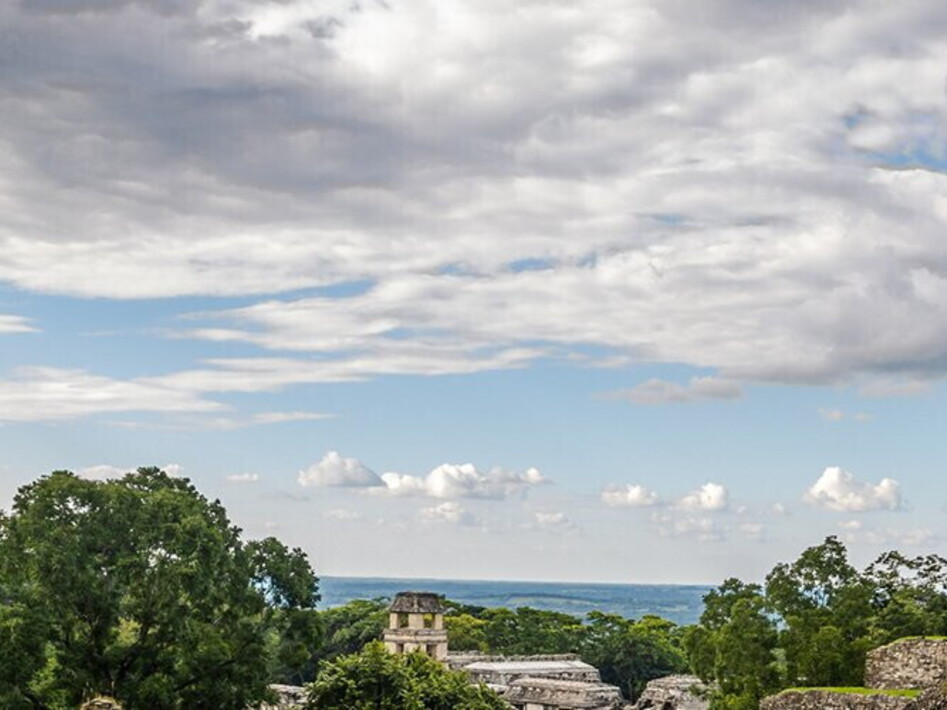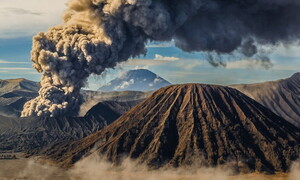Learning from the Maya
28 November 2022

Studying how the great civilisations of the past reacted to climate change can provide us with insights that are still very relevant. This is the legitimate thesis of a group of Californian researchers published in the journal Nature Communication. The research examined the decline of the Maya civilisation that prospered in Mexico but, between the 14th and 15th centuries AD, experienced an era of great social instability that led to conflict and, later, to collapse. The Maya built cities and imposing pyramids that even today testify to the greatness and progress achieved by this Mesoamerican people. According to the researchers, the region's climate changed due to natural causes, leading to long periods of drought. The dry climate and the scarcity of rainfall adversely affected agriculture, triggered social conflicts and civil wars, and induced the population to abandon the large urban centres and spread out more widely across the territory, building smaller villages. Due to fragmentation, the Maya did not disappear but managed to adapt to the new situation. The smaller settlements were able to differentiate their resources and their use, thus better adapting to the characteristics of each individual territory and surviving.


